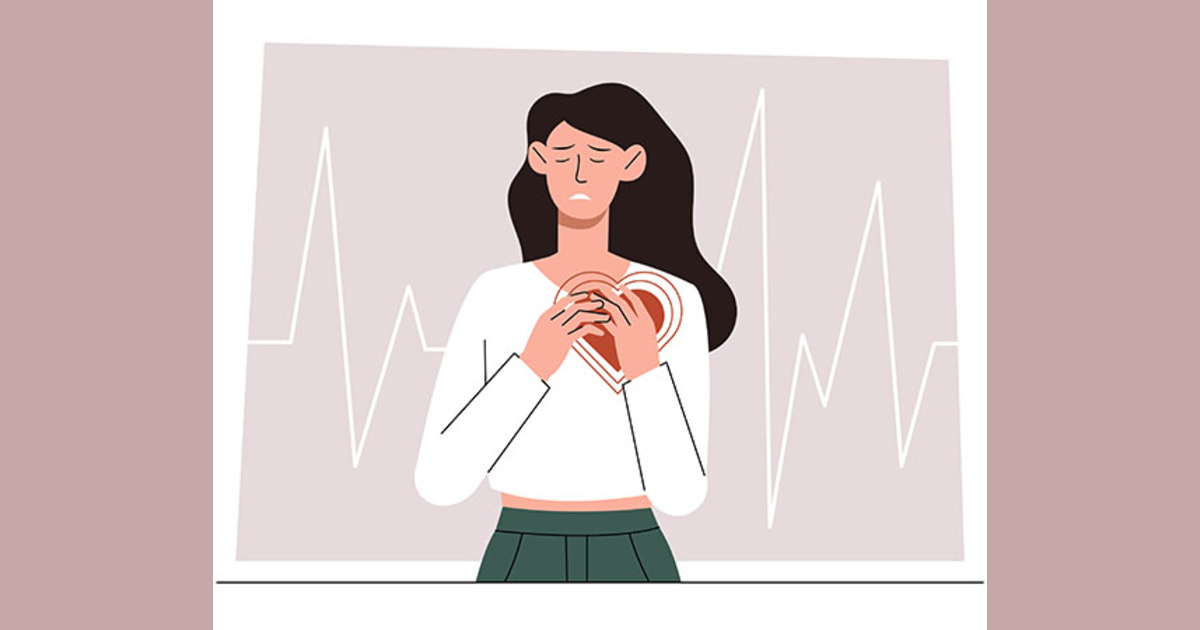Have you heard about the latest study on women’s heart health after menopause? It turns out, one in four women may experience irregular heartbeats due to factors like stress and insomnia. Let’s dive into this fascinating discovery!
Women’s Heart Health After Menopause – New Insights
A recent study reveals that approximately 25% of women may develop irregular heartbeats, known as atrial fibrillation (AFib), after reaching menopause. Factors such as insomnia and stressful life events contribute to this condition.
While AFib itself is not life-threatening, it can elevate the risk of blood clots, stroke, heart failure, and other heart-related complications, necessitating medical attention.
Dr. Susan Zhao, the lead author of the study published in the Journal of the American Heart Association, emphasized the well-established connection between the heart and brain in various conditions.
AFib, being an electrical conduction system disorder, is susceptible to hormonal changes triggered by stress and poor sleep. These common pathways likely link stress and insomnia to AFib.
To address the conflicting research on the relationship between psychosocial factors and AFib in postmenopausal women, the study’s authors analyzed data from over 83,000 women, with an average age of 64, enrolled in the Women’s Health Initiative study in the United States between 1994 and 1998. The questionnaires collected information on medical history, health habits, stressful life events, social support, sleeping patterns, and optimism. Stressful life events encompassed issues like abuse, loss of a loved one, financial troubles, divorce, and illness.
Over a decade of follow-up, 25% of the women (23,954) developed AFib. The study revealed that for each additional point on the Women’s Health Initiative Insomnia Rating Scale, there was a 4% higher likelihood of developing AFib. Similarly, each additional point on the WHI scale of stressful life events increased the risk of AFib by 2%.
Dr. Nieca Goldberg, a cardiologist not involved in the study, emphasized the significance of the heart-brain connection in AFib. Often, when women present with heart symptoms, they are attributed to stress, highlighting the need for a holistic approach to healthcare.
However, the study had limitations, with 88% of participants being White, and reliance on self-reported questionnaires.
The authors suggest further research to understand the precise mechanisms by which stress and overall well-being impact AFib risk. Dr. Zhao, a cardiologist at the Santa Clara Valley Medical Center, believes that psychosocial factors are a crucial piece of the puzzle in understanding AFib’s genesis, in addition to age, genetics, and other heart-related risk factors.
Experts underscore the importance of considering both physical and mental health, as they are interconnected. Individuals are encouraged to discuss sleep difficulties and life stressors with their healthcare providers to protect their heart health effectively.
In particular, women, who tend to live longer and face more health complications related to AFib compared to men, should remain vigilant about their heart health.
Share your thoughts!








Leave a Reply
You must be logged in to post a comment.